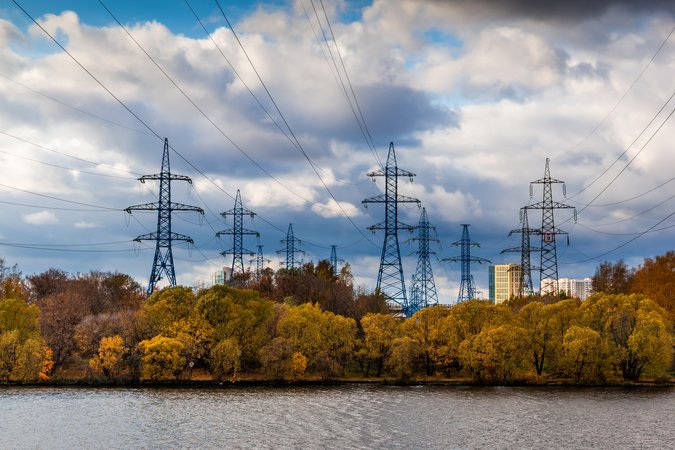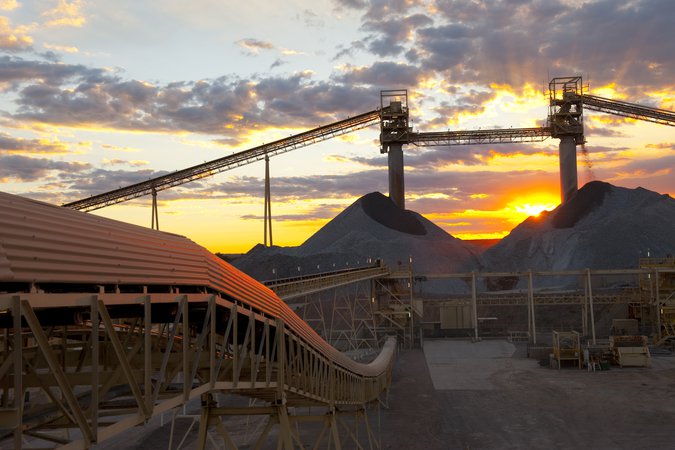Energy Use and Policy in the US Trucking Sector
Event Details
October 10, 2012
About the Event
The importance of trucking in the US economy is expected to grow in the coming years, but greater oil consumption and pollution emissions will accompany that growth. The federal government has recently introduced greenhouse gas emissions standards for new trucks to reduce the negative effects of trucking that arise from oil consumption. The standards are expected to tighten significantly in the coming years, making this program both very ambitious—it is among the first in the world—and also very controversial.
There is great uncertainty regarding the effects of the standards on shippers and carriers in the industry, in terms of the fuel economy of the trucks; how the trucks are used; and the ultimate costs and effectiveness of the standards. This uncertainty stems from the novelty of the regulations as well as the lack of public knowledge about the industry that would inform the baseline—including the current practices for adopting fuel efficiency technology and deciding how trucks are driven.
There is currently a unique opportunity to answer fundamental questions about the industry—which will improve understanding of what impacts the standards will have and help identify policies that will reduce oil consumption and greenhouse gas emissions most effectively and at lowest cost to the industry and the economy. The objective of this workshop was to convene experts from industry, government, academia, and nongovernmental organizations to identify these questions.
Agenda
Welcome and Introduction
Alan Krupnick, Resources for the Future
Session 1: State of the Trucking Industry
This panel will include general sector information and trends, competition with other forms of freight transit, infrastructure funding declines, and increased reliance on tolls.
Panelists:
- Josh Linn, Resources for the Future (Download Presentation)
- Nick Chase, US Energy Information Administration (Download Presentation)
- Steve Tam, America's Commercial Transportation Research, Co., LLC (Download Presentation)
Session 2: Alternative Fuels and Technologies for the Trucking Sector
Panelists:
- Tony Greszler, Volvo (Download Presentation)
- Michael Brown, Chesapeake Energy (Download Presentation)
- Jim Bruce, United Parcel Service (Download Presentation)
- Mark Smith, US Department of Energy (Download Presentation)
Session 3: The Energy Efficiency Paradox: Why Aren’t Fuel Efficiency Improvements in Trucks Already Happening?
Panelists:
- Alan Krupnick, Resources for the Future (Download Presentation)
- David Greene, Oak Ridge National Laboratory (Download Presentation)
- Ann Wolverton, US Environmental Protection Agency
Session Four: The Future of Energy Policy Affecting Trucking
Panelists:
- Art Rypinski, US Department of Transportation (Download Presentation)
- Rachel Muncrief, International Council on Clean Transportation (Download Presentation)
Session Five: Roundtable discussion on research priorities (including data needs)
Concluding remarks





